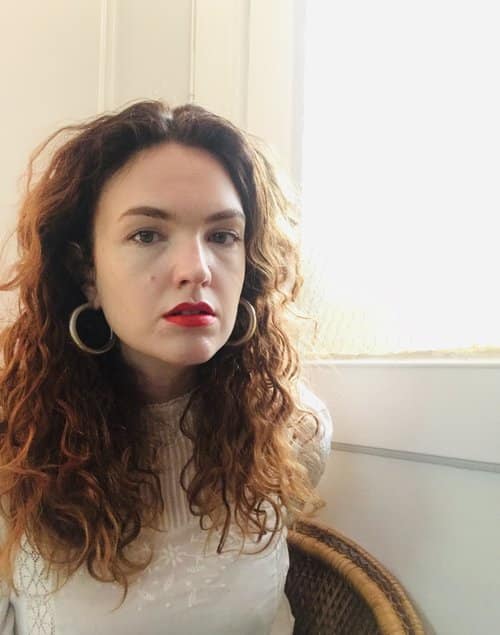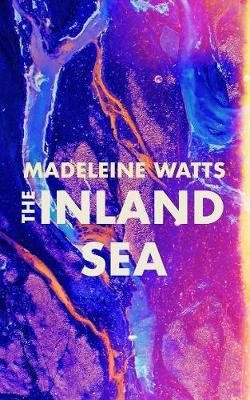Beneath a tumble of red curls lies the brilliant but self-destructive mind of our unnamed narrator. She has recently finished her undergraduate studies in literature and wants out of Sydney, awakening to violence that doesn’t hide in the shadows but thrives under our scorching sun. Perhaps, thinks the 20-something, the equanimity of California will be different?

There are a few steps to take before she can make an escape; saving up for a flight and seeing out the summer. We follow her as she rents a room in a filthy share house in Redfern, but it’s a few minutes walk to her new office block overlooking Hyde Park where she gets a good hourly rate working at the 000 Emergency call centre. There she connects the caller in distress with the correct service by asking what they need and where they are. This offers rattling glimpses into an accident, attack or tragedy in a few moments as she waits on the line for help to pick up.
Between work and partying she goes to the sea, and becomes hopelessly entangled with her first love, who is now dating someone else. Personally, she is in the eye of a storm. Post break-up and in a transitional stage in life she gets by with moments of calm, to swim, write, embrace and make plans for the future, and yet is habitually drawn to the dark edges through which she is hurtled toward harrowing encounters on the streets of the inner west and eastern suburbs of Sydney, and big ugly truths about the world.
From indiscriminate sex to drinking, and the ghosts of family trauma she sees that threat that is inevitable, or impossible to avoid. She often considers the parallels between women and the natural world, and men’s dispossession and abuse of us both, taking what they want, resulting in sickening tragedies.

References to water and its connection to danger flood the book. From drought, drowning, foul storm muck, and what lies beneath the surface, such as venomous sea snakes. She seems to take pleasure in and summon fear in her pursuit of experiencing the duality of nature.
She swims out too far at Gordons Bay, Bronte and Coogee beaches and frequently references her great-great-great grandfather John Oxley, a colonial figure who endeavoured fruitlessly to find an ‘inland sea’ in Australia. Would this discovery of abundance justify the cruelty of dispossession, the narrator cynically muses?
We see that bad things happen all the time and to good people, and all too often terrible acts happen with dark intent and this is usually the harm of women. For a book which often pairs disaster and the natural world as indicative of humanity’s real or moral failing it is apt to publish this review as we reel from the news that the ocean caught fire in the Gulf of Mexico because of a gas-leak from an underwater pipeline.
So, given its dark themes, why read this book? I asked this, but kept picking it back up. In a way, observing her misadventure is a reminder to be kinder and decisive about the trajectory of our lives. The novel illustrates and condemns ongoing gender inequality and gendered violence. Finally, the author’s artistry in casting this ‘coming of age’ story with climate change and the elements as actors is poetic and offers ample room for contemplation.
–
The Inland Sea is a finalist in The Miles Franklin Literary Award longlist 2021 and can be purchased here. If you buy via this link we will receive a small commission.